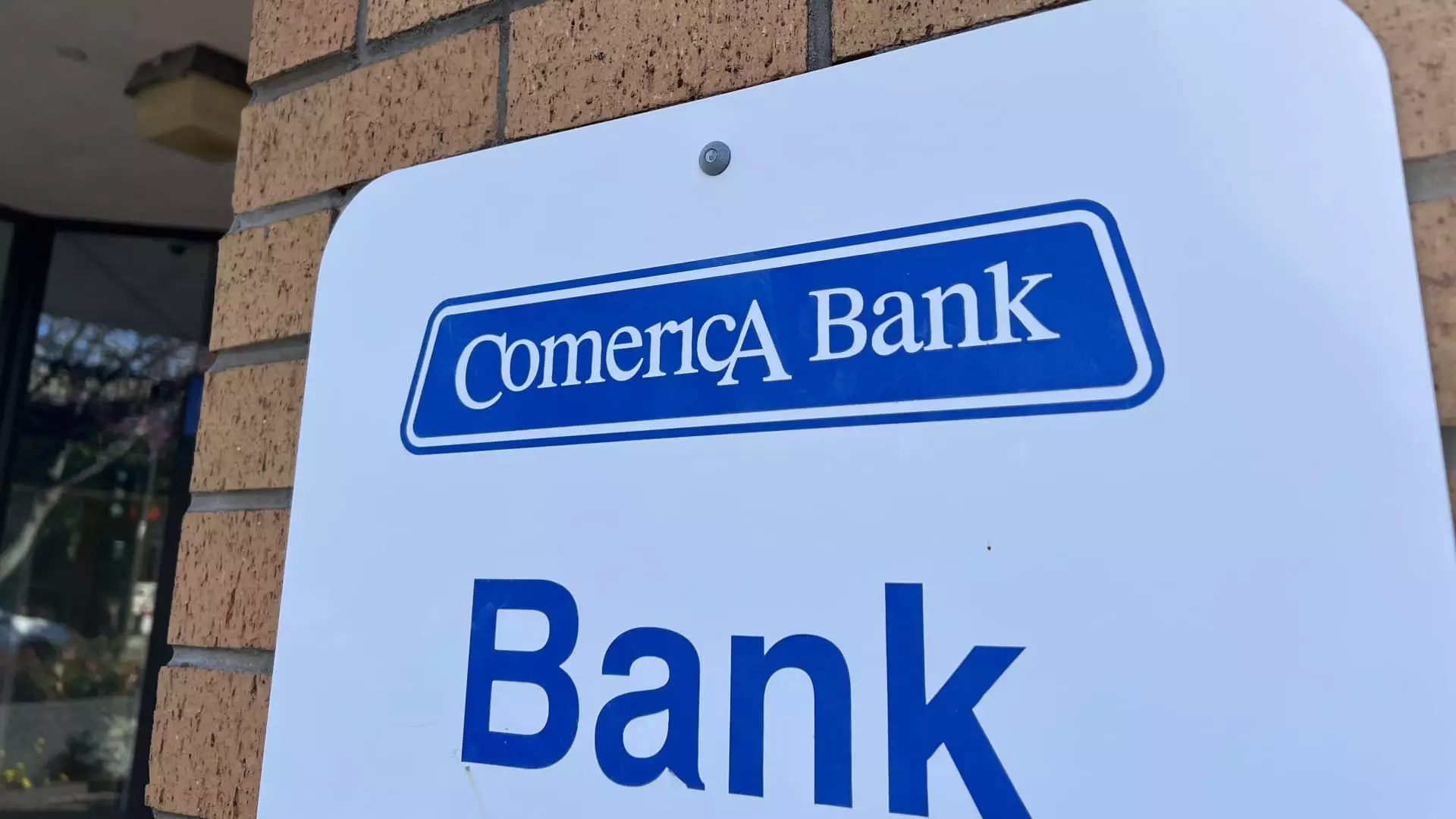The Consumer Financial Protection Bureau (CFPB) has initiated a significant complaint against Comerica Bank, targeting the bank for its alleged mismanagement of the Direct Express prepaid debit card program. This program, designed to allow beneficiaries—especially those reliant on fixed incomes, such as the disabled and the elderly—to access their federal benefits efficiently, has come under scrutiny. The CFPB claims that Comerica deliberately cut off more than 24 million customer service calls, imposed unwarranted ATM fees on over a million users, and neglected to adequately address fraud complaints. These actions, as articulated by CFPB Director Rohit Chopra, seemingly prioritized the bank’s financial interests over the welfare of vulnerable consumers.
The ramifications of these allegations are profound, given the demographic that the Direct Express card serves. Many users are not only elderly but may also lack consistent access to traditional banking services. The accusations suggest that rather than providing essential support, Comerica’s actions may have exacerbated the financial hardships of those relying on federal assistance. The allegations reflect a growing concern about the ethical obligations of financial institutions when it comes to serving marginalized communities that depend on timely and reliable access to their funds.
In response to the CFPB’s complaint, Comerica has mounted a defense, suggesting that their actions were consistent with the oversight provided by the federal government. According to officials from Comerica, there seems to be a fundamental disagreement about the interpretation of their role within the framework of the Direct Express program. The bank’s public assertion that it operated with the government’s approval points to a potential loophole in accountability that raises questions about regulatory oversight in the financial sector.
This defense comes in stark contrast to previous actions undertaken by the CFPB, which has made its mission clear in asserting consumer protections. There have been instances where other banks, such as Bank of America, have faced significant penalties for similar shortcomings. The CFPB’s consistent actions against such institutions suggest a pattern of holding banks accountable for their treatment of customers, especially in circumstances where vulnerable populations are concerned.
The unfolding situation encapsulates a larger dialogue regarding the need for improved accountability within financial institutions. Banks play a crucial role in the economic lives of many Americans, and their failure to facilitate accessible and reliable services can have dire consequences. The challenge lies in ensuring that these institutions operate transparently and ethically, particularly as they navigate contracts for federally mandated programs such as Direct Express.
As the CFPB and Comerica advance in this legal and public relations battle, it becomes increasingly crucial for consumers to understand their rights and the mechanisms available for redress. Greater vigilance is needed from both regulatory bodies and consumers to ensure that financial entities prioritize the well-being of their clients over profit margins, particularly when those clients are among the most vulnerable in society. The outcome of this case could set important precedents for how financial institutions interact with federal programs and their recipients in the future.

